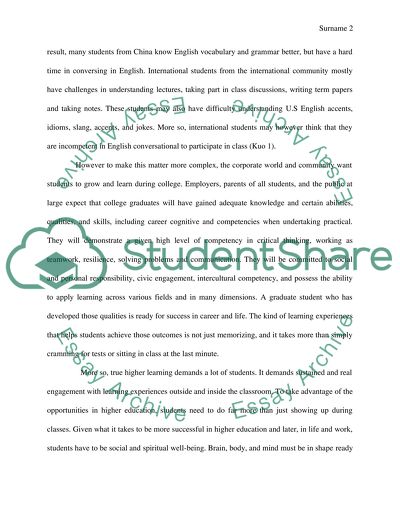Cite this document
(“How Should American Colleges adjust themselves for International Essay”, n.d.)
How Should American Colleges adjust themselves for International Essay. Retrieved from https://studentshare.org/education/1668879-how-should-american-colleges-adjust-themselves-for-international-students
How Should American Colleges adjust themselves for International Essay. Retrieved from https://studentshare.org/education/1668879-how-should-american-colleges-adjust-themselves-for-international-students
(How Should American Colleges Adjust Themselves for International Essay)
How Should American Colleges Adjust Themselves for International Essay. https://studentshare.org/education/1668879-how-should-american-colleges-adjust-themselves-for-international-students.
How Should American Colleges Adjust Themselves for International Essay. https://studentshare.org/education/1668879-how-should-american-colleges-adjust-themselves-for-international-students.
“How Should American Colleges Adjust Themselves for International Essay”, n.d. https://studentshare.org/education/1668879-how-should-american-colleges-adjust-themselves-for-international-students.


